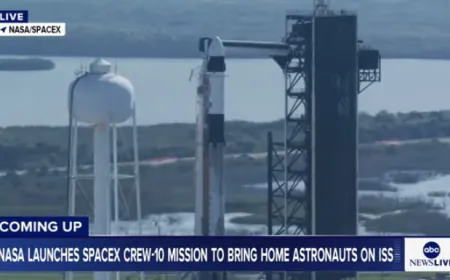Tesla’s Trade War Alert: EV Risks, Tariffs, and Industry Shifts
Discover how Tesla's trade war warning could impact EV growth. Learn about tariffs, supply chains, and the future of electric vehicles.

In 2025, Tesla issued a stark warning about the escalating trade war and the potential impact on its electric vehicle (EV) production. This blog post dives into Tesla's concerns, highlighting how tariffs could disrupt supply chains, increase costs, and ultimately hinder the growth of the EV market. Understand the challenges Tesla faces and the broader implications for the electric vehicle industry.
Tesla's Dire Warning to the Trump Administration
Tesla voiced a strong warning to the Trump Administration regarding the potential dangers of escalating trade wars.
- Tesla's letter to the United States Trade Representative (USTR): Tesla communicated its concerns directly to the USTR.
- Support for free trade but concern over retaliatory tariffs: While supporting free trade, Tesla expressed apprehension about the negative impacts of retaliatory tariffs.
- Risk of disproportionate impacts on U.S. exporters: The company highlighted the risk that these tariffs could disproportionately harm American exporters.

Supply Chain Constraints and Localization Challenges
Tesla also addressed the significant challenges related to supply chains and the difficulties in localizing production.
- Difficulty sourcing domestically made components: Tesla pointed out the problems with finding and obtaining components that are made in the U.S.
- Reliance on imported raw materials like lithium and cobalt: The company depends on raw materials imported from other countries, such as lithium and cobalt.
- The need for a phased approach to policy implementation: Tesla emphasized that a gradual implementation of policies is necessary to avoid disruptions.
impact on Tesla and Other U.S. Automakers
The potential consequences of trade policies on Tesla and other American car manufacturers were also brought to light.
- Increased costs of domestic vehicle production: Tariffs could lead to higher expenses for producing vehicles within the United States.
- Reduced competitiveness in overseas export markets: American automakers may find it harder to compete in foreign markets if tariffs increase.
- Potential disruptions to U.S. assembly plants and job losses: There is a risk of interruptions in American assembly plants and the possibility of job losses.
Tesla's Public Display of Affection and Slumping Sales
The complex relationship between Tesla and the government and recent sales trends was also discussed.
- President Trump's support for Tesla: Tesla has received backing from President Trump.
- Recent data showing a decline in Tesla's U.S. registrations: However, recent data indicates a decrease in Tesla's registrations in the United States.
- Increased competition from traditional automakers in the EV market: Tesla faces growing competition from traditional car companies that are also entering the electric vehicle market.

Conclusion:
Tesla's warning underscores the delicate balance between trade policies and the burgeoning EV industry. As tariffs threaten to disrupt supply chains and increase costs, it's crucial for policymakers to consider the long-term implications for EV growth and U.S. competitiveness. Stay informed on how these trade dynamics could impact the future of electric vehicles.
Explore more about the impact of trade policies on the EV market and subscribe to our newsletter for the latest updates
What's Your Reaction?




















































